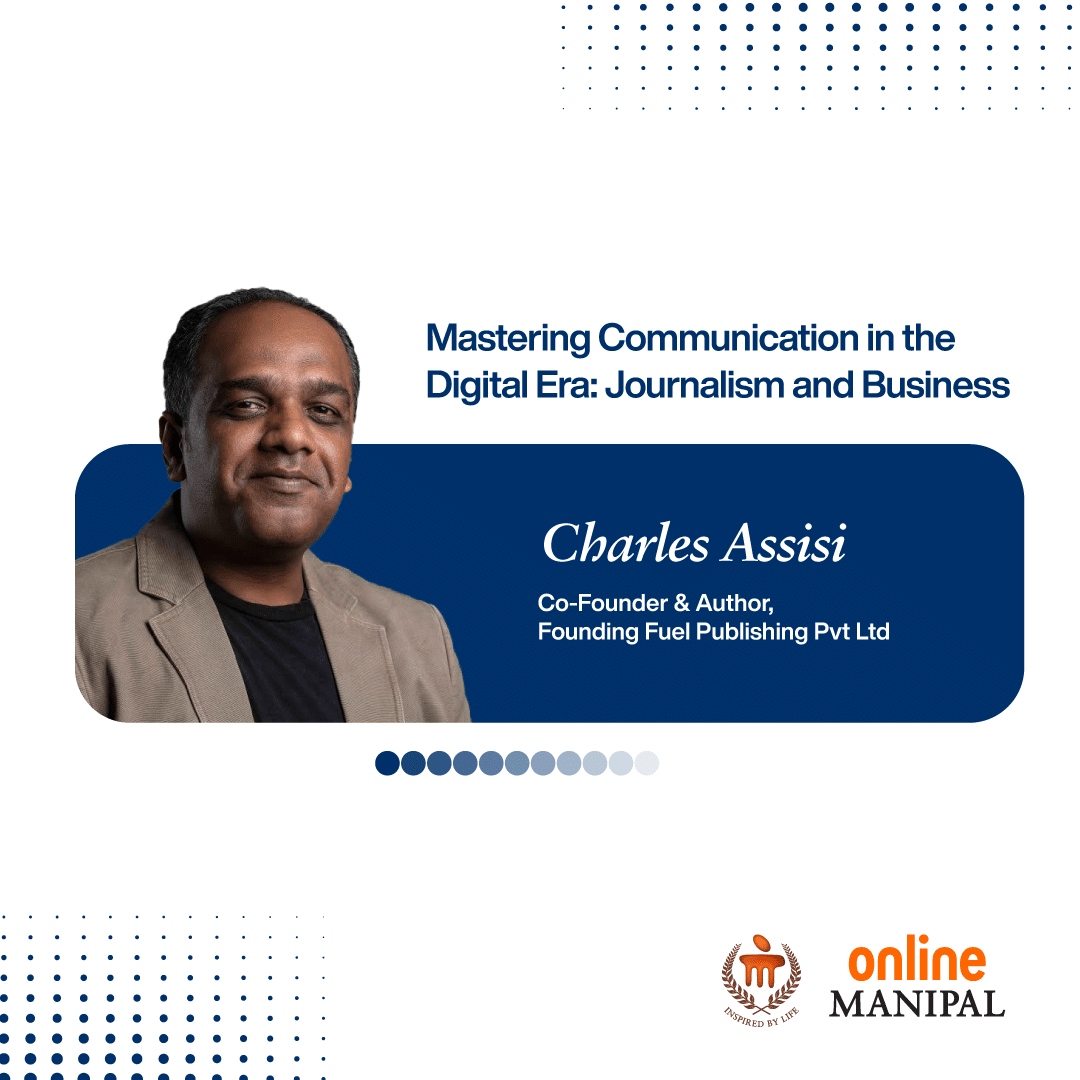Listen to this blog
The fading popularity of print media has been a topic of debate for quite a while now. Ask the youth the last time they pored over a newspaper or any printed news, they would point to days which are far behind a year or two. The growing impact of digital media is quite evident from the increasing number of its users and its consumption rates. Read this alongside the closure of many news houses particularly in the west while almost all print news firms have started their online/digital versions to cater to the new consumers. Are these factors pointing to the closing down of print media altogether?
For the question to be answered, primarily, we have to look into what encompasses the print media. All mass communication or dissemination of information, be it news, views or advertising in the printed format makes it the print media. In the words of Jay Goldscher, president and CEO of Printing and Graphics Association Mid Atlantic (PGAMA): “When you look around today, everything you see is printed, but people don’t connect that with the printing industry. And that’s the future.”
That majorly sums up the answer to the cynical viewpoint of many. It is easier to scribble the obituary of print, but a detailed study of its various aspects would reveal it otherwise.
Reasons for the twilight of print media
There indeed has been a major shift in the consumption patterns of media in recent years, with more and more of the younger generation opting for just digital media, owing to its interactive nature and fast-paced communication. Small-time market players also prefer to advertise in online media as they find it cost-effective compared to print.
Counting the shortcomings of print media unravels many factors including its inability to cater to a specific audience (unlike many digital platforms which address specific groups), delay in the delivery of news and information and its limited reach to people with visual impairment. It may be recalled that the audio version and other accessibility options of various digital media is a real blessing for those who are challenged by vision or have low literacy levels.
The print media also conduct one-way communication with the audience and pose a threat to the ecosystem. Moreover, commercials in print are exorbitantly priced making it almost impossible for small and medium industries and business firms to find a place in them. This also makes them less affordable when compared to their digital counterpart.
Advantages of print over digital media
Despite all these, print media are considered more trustworthy than digital media because the latter churns out fake news incessantly as there are no gatekeeping strategies in them. Anything and everything become news in the digital world and the consumer is left clueless as to what exactly makes news. Over-exposure to digital platforms creates a ‘digital fatigue’ among users.
It is also understood that print lets your mind wander a little while going through the information, whereas distractions are quite rife in the digital world. Scrolling and reading through the text also becomes a dreary task when done for a considerable period. The major advantage of print comes to the fore in terms of its potential for attracting consumers through its advertising spaces even when it is expensive, compared to the digital.
Even while you are able to carry a whole library of books and journals in the digital format, the tactility of the print makes it a preferred medium for many. Another reason for its choice over the digital is the lesser eye strain when compared to the backlit screen of the digital media. Growing literacy among the developing and underdeveloped regions is also a reason for print to thrive for a longer period now.
ALSO READ
Why print is better than digital?
A few scientific studies also recommend the use of print for better comprehension and learning as in the case of the University of Maryland. In the Journal of Experimental Education, a study from the University points to better retention of information through print than digital. College students who preferred digital texts for their study also proved to show better recalling capacity from the printed material than the digital, the study concluded.
A study by the Reading Centre of Stavanger, Norway found differences in the comprehension capacity of the readers between the print and digital formats. It was found that complex content was better understood by participants while reading through printed material.
Having said that, the compact ‘all-in-one’ nature of digital media as available in the smartphone or laptop is enough reason for people to choose it over the other. The blow on the ecosystem by the print also spells its death knell. The reality is that paper can be recycled and resources for it replenished in a human lifetime, but there is no recycling power yet. The point is worth pondering.
The ease and convenience of each media distinguish it from the rest, and one cannot be a total replacement for the other. With technological advancements, they may and can prove useful and advantageous when used together. It is the age of information explosion, and given the present scenario, the merits of each medium will see it as having a long road ahead. That perhaps applies to the print too!
Learn modern media practices with an online master’s degree in journalism and mass communication from the expert faculty at Manipal University Jaipur (MUJ).
References:
- https://lockhartadvantage.com/blog/digital-vs-print-what-science-says-about-memory-emotional-impact-comprehension-and-persuasion/
- https://advertisersprinting.com/blog/print-vs-digital-rebirth-print-media-digital-age/
- https://www.groupdiscussionideas.com/print-media-vs-digital-media/
- https://www.mediaupdate.co.za/media/149922/what-does-the-future-have-in-store-for-print-media
- https://www.techtic.com/blog/digital-vs-print-media/
Become future-ready with our online MA Journalism & Mass Communication program








